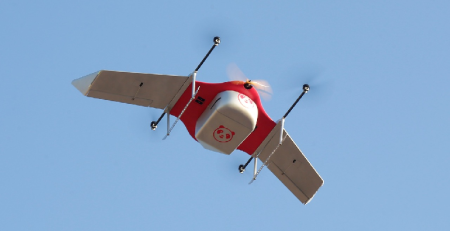Toyota Stops Double-Shift Car Production in Japan
Japan experienced significant weather changes in 2023, with unusual patterns and severe natural disasters affecting different regions of the country. The year started with a cold wave, causing heavy snowfalls in the northern prefectures. Summer saw an increased frequency of typhoons, causing flooding and landslides in some areas. In autumn, strong winds and heavy rains brought by a low-pressure system caused widespread damage and disruption to transport. These changes in weather patterns were attributed to the effects of climate change, highlighting the need for effective adaptation measures and climate-resilient infrastructure in the country.
Due to the extreme weather changes in recent days in Japan Toyota Motor Corp has officially shut down its second-shift production in all 14 factories across the country. As per experts, this production suspension will put a great impact on the overall sales of Tyoyta cause the Japanese produce mass numbers of cars all over the world. The company stated that the suspension will ensure the safety of its employees and minimize the impact of the heavy snowstorm on its operations.

As per Toyota’s spokesman, they made a commitment that will monitor the situation very closely and will foil all the hindrances in the way of normal production, committee will also suggest setups to secure their production and employees at the same time. The company expects double-shift operations to resume on Thursday. The company vowed to take necessary measures to minimize the impact of suspension.
Expediting EV Production
Akio Toyoda CEO of Toyota Motor Corporation has stepped down. Nowadays the company is trying to increase the production and use of hybrid and hydrogen fuel cell vehicles (HFCVs), for the company, is spending hug amount of awareness marketing campaigns. He also openly contested the viability of electric vehicles (EVs) which earned him notoriety among car experts and environmental activists.

HFCV stands for Hydrogen Fuel Cell Vehicle. These vehicles are powered by a fuel cell that converts hydrogen gas into electricity, which is then used to power an electric motor. The main advantage of HFCVs over battery electric vehicles (BEVs) is their longer range and faster refueling times, as hydrogen tanks can be refilled in a matter of minutes. HFCVs produce only water as a byproduct, making them a clean and environmentally friendly alternative to gasoline or diesel vehicles. However, the widespread adoption of HFCVs has been hindered by the limited availability of hydrogen fueling infrastructure and the high cost of producing hydrogen fuel. Nevertheless, several major automakers are investing in HFCV technology, and the market for these vehicles is expected to grow in the coming years. With Toyoda relinquishing the head position, market speculations suggest that the automaker may finally expedite its EV transition under new leadership.














Leave a Reply